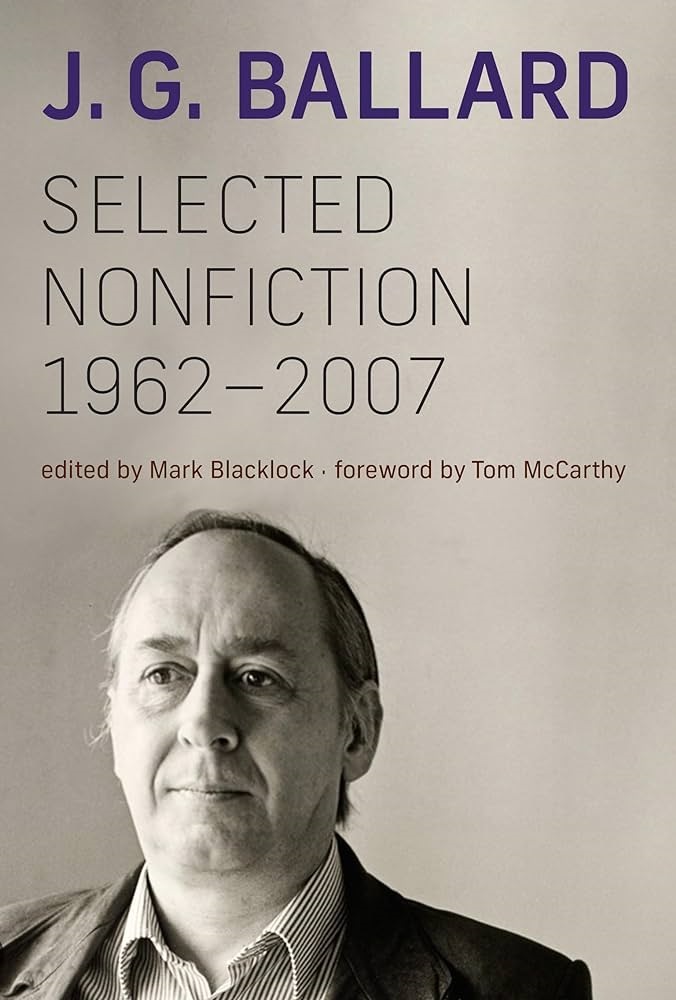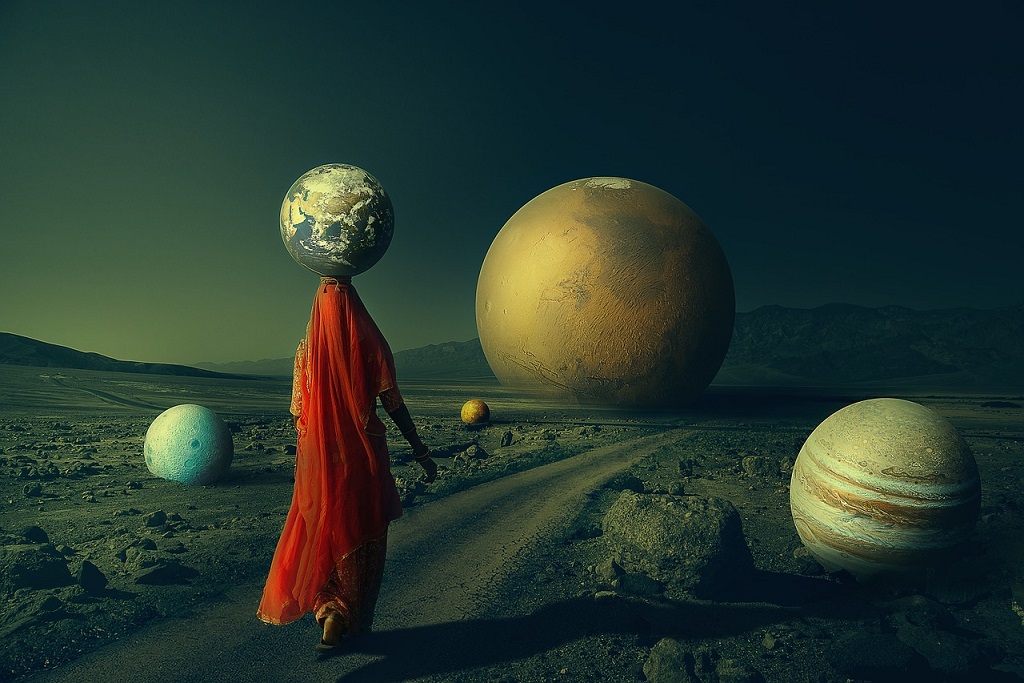It was the writer J.G. Ballard who said earth was the truly alien planet and when he wasn’t writing novels and short stories to that effect his non-fiction for various publications rarely contradicted such a point of view.
 Sean Sheehan
Sean Sheehan
The range of his short non-fiction work, from editorials to commentaries and book reviews, is deftly brought together in a new collection by Mark Blacklock.
Ballard died in 2009 but it is doubtful if much of history since then would have taken him by surprise.
He was familiar with the world of advertising, its chicanery and appeal to the unconscious, and the way violence and the irrational becomes a form of thinking to the duped and the self-duping.
Blacklock’s collection begins with four pieces of writing that will help orientate readers not familiar with the fiction and there is a generous number of pieces, under the heading of Commentaries, about Ballard’s own work and artists in whose work he finds resonance: like Eduaro Paolozzi ( a guide to “the electric garden of our mind”; Tacita Dean (making films that are “surveillance footage in some of the strangest spaces of the mind”); Ed Ruscha (‘the lettered symbols of his commercial signs that say everything and tell us nothing’) and Francis Bacon (‘unflinching in the way he returned the Gorgon’s stare’).
About a quarter of this book is devoted to a selection of Ballard’s book and film reviews – he spent nearly fifty years writing them – and they are mostly light reading but never dull.
 He is more than kind towards Steven Spielberg (whose “Empire of the sun” is based on Ballard’s semi-autobiographical novel of the same name), only conceding that he has ‘always been too American’, and is on surer ground on a book of essays about David Lynch, inside whose filmmaker’s head he senses that ‘Francis Bacon is repainting the Bates Motel’.
He is more than kind towards Steven Spielberg (whose “Empire of the sun” is based on Ballard’s semi-autobiographical novel of the same name), only conceding that he has ‘always been too American’, and is on surer ground on a book of essays about David Lynch, inside whose filmmaker’s head he senses that ‘Francis Bacon is repainting the Bates Motel’.
The “Capsule Commentaries” section, a short and cleverly chosen compendium of Ballard’s contributions to roundtable and round-up articles in newspapers and magazines, is hugely inviting. Asked to list an alternative seven modern wonders of the world, we have “The VCR Remote Control” and “The 1952 H-Bomb test at Eniwetok Atoll”. This was in 1994 and while he would have been spoilt for choice if updating the remote control for 2024 the other item would surely have remained on his list. He could be mordantly funny: the last item in another piece listing his vision of personal apocalypse is being buried under the main runway at Heathrow airport.
 The final section brings together some of his memories of his friends and influences and here, writing about William S. Burroughs, the words would not be misplaced as a summary of his own work: “His weird genius was the perfect mirror of his times… Now we left with the career novelists.”
The final section brings together some of his memories of his friends and influences and here, writing about William S. Burroughs, the words would not be misplaced as a summary of his own work: “His weird genius was the perfect mirror of his times… Now we left with the career novelists.”
“Selected nonfiction 1962-2007” edited by Mark Blacklock, forward by Tom McCarthy, is published by The MIT Press.
(Photos: Pixabay)












.jpg)












